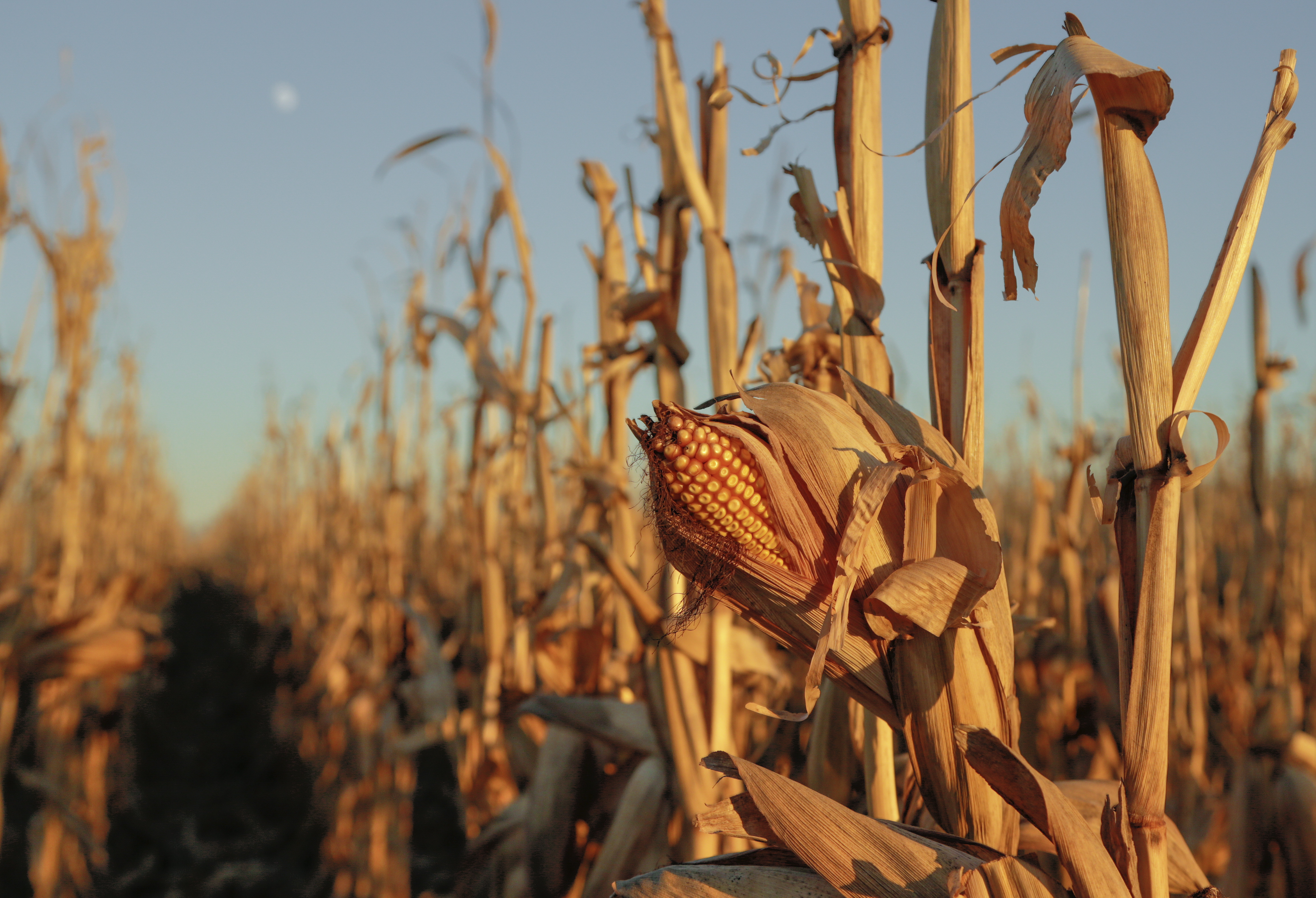
Credit: Nati Harnik / AP Photo
The global population is steadily climbing, and by 2050, scientists expect that 10 billion people will call Earth home. This got science writer Charles Mann wondering: How are we going to feed all of those mouths without completely destroying the planet? Mann explores this question in his new book, “The Wizard and the Prophet: Two Remarkable Scientists and their Dueling Visions to Shape Tomorrow’s World.” We talk with him about whether innovation, conservation, or some mixture of the two, that will save humanity.
Three Takeaways:
- Mann’s book looks at the lives of biologist Norman Borlaug and ecologist William Vogt. Borlaug, the book’s “wizard,” pushed for technological solutions to maximize the Earth’s food, water and energy supply. Meanwhile, Vogt (the “prophet”) fought for scaling back human consumption to protect Earth.
- Though the debate between the two camps rages on, we’re actually getting better at feeding our global population. In the early 1970s, one-third of people on the planet were malnourished. Today, it’s between 8 and 10 percent.
- Mann says it’s not just the rise in population that’s dangerous to our future prospects; it’s the rise in global affluence. He says, “Not only is there going to be 10 billion people, they’re all going to want all the things I want. They’re going to want air conditioning, they’re going to want a car... and occasional treats.” The question is whether all of the new consumption is sustainable.
More reading:
- Environmentalist Bill McKibben reviews “The Wizard and the Prophet” for The New York Times.
- The Guardian wonders aloud whether Borlaug was a menace to society. (Read to the end, and you will be rewarded with a delightful rap about Borlaug.)
- CNBCAfrica: Africa will account for more than half of the global population by 2050.
- Fertilizer is one of those Borlaug-type innovations meant to help feed more people. But does its benefits outweigh the nitrogen pollution it produces? Yale Environment 360 takes a look.

